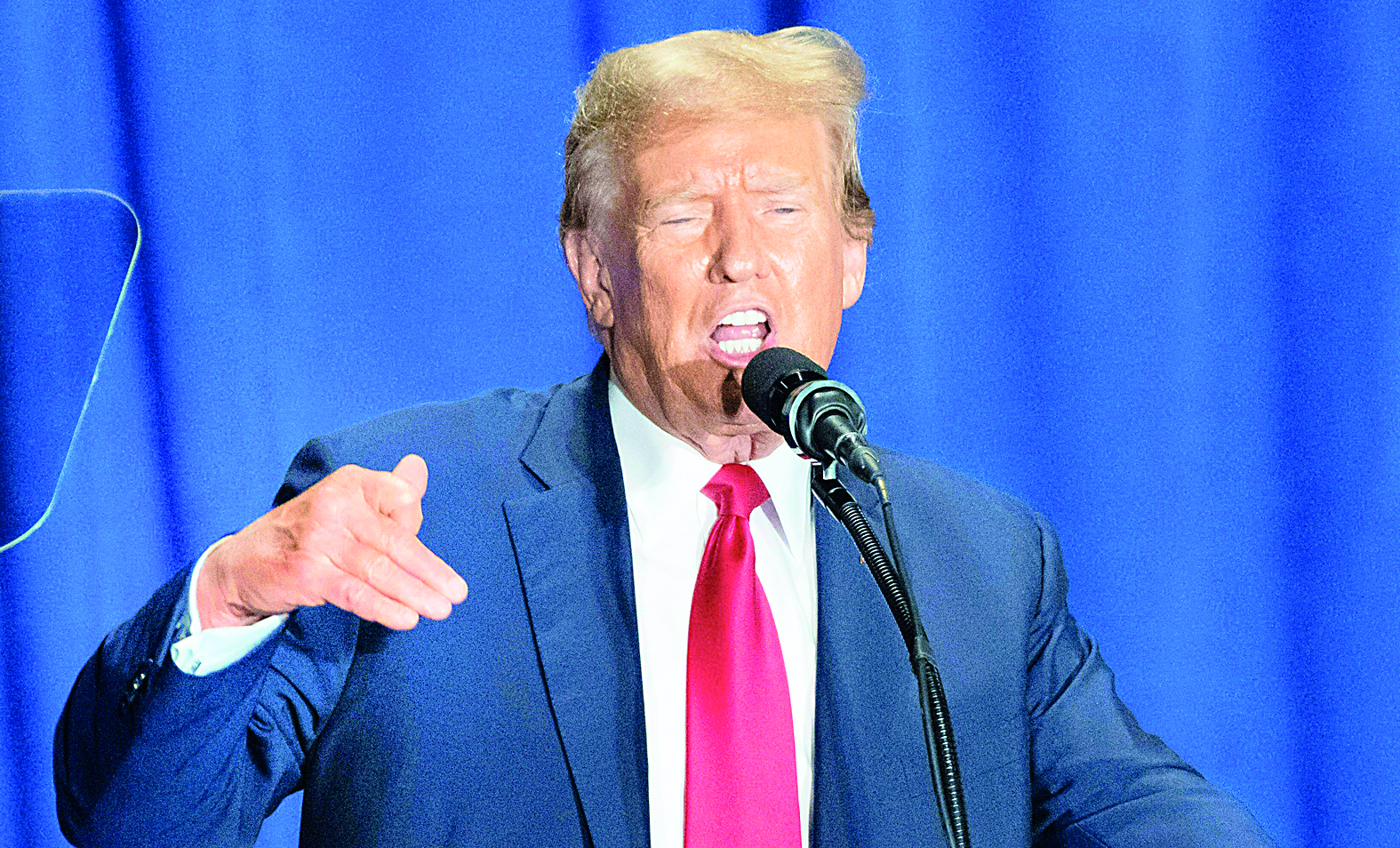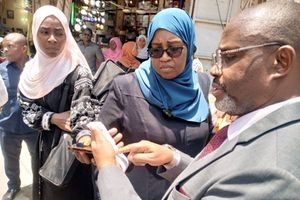Real message behind Ulimwengu’s political grenade

Lawyer, journalist and social commentator Jenerali Ulimwengu.
If the intention of veteran journalist Jenerali Ulimwengu was to stir up a hornets’ nest, he achieved exactly that hands down! His withering assessment of various facets of the governance of Tanzania excited none other than one Job Ndugai, our tetchy speaker of the National Assembly, who was quick to his feet and having absolutely none of it. He is ready to do battle on behalf of injured parliamentary colleagues.
Amusingly, Ndugai was complimentary of Ulimwengu’s intellectual faculties, saying that he is a “msomi muelewa”, hence his actions are deliberate. I’m afraid I can’t bring myself to translating in English his choice of words as the two don’t sit together at all in my thinking.
On deeper thought, Ulimwengu ought to be eternally grateful to social media platforms. He can let rip and the public make up their judgement rather than having the filtered messaging of conventional media.
That said, I believe it is healthy to do some forensic analysis of Ndugai’s speakership. He has expended extraordinary energy to display the power of the legislature in the running of the entire country’s affairs. More often than not it has been contentious and I can cite just three instances when he essentially bent over backwards for the executive. The first was towards the end of the first term of the all powerful President when he happily egged on a reckless MP with his rhetoric of “whether Magufuli likes it or not, the parliamentarians will see to it that he has an extra term of office.”
And following the dissolution of Parliament, whilst on the campaign trail in Dodoma with Magufuli, Ndugai made some perturbing pronouncements that were couched in the most euphonious language to the development needs of the country.
To paraphrase him, “being an MP is not so much about the ability to debate but what counts for CCM is the importance of attaining the numbers in Parliament above two-thirds so that they can decide any matter that is brought before the House by the government.”
The final and most egregious kowtowing to executive power was in relation to the swearing in of Chadema women legislators. The whole affair was shrouded in mystery and Ndugai asserted that parliamentary rules allow the swearing to happen anywhere in the grounds and not necessarily inside the chamber. He went on to lay claim to gender bias in the respective party and how he would be their guardian angel.
On the swearing in, I curiously asked myself that if it could happen anywhere then how is it that the Attorney General who was appointed back in September was only sworn in as an MP two weeks ago? With all the responsibilities of that office, the AG going by Ndugai’s assertion should have been hurriedly sworn in the grounds rather than as happened. Supposing there was to be a national emergency and Parliament had to be recalled, it would have been rather strange to first swear in the AG. There is a clear anomaly in his assertion but that is the universe of Ndugai in a nutshell.
It must be borne in mind that even one of Ndugai’s predecessors, Pius Msekwa, was completely at odds with Ndugai’s shielding of the women MPs. A very pitiful chief presiding officer we have to say the least.
Leaving Ndugai aside, Jenerali Ulimwengu stressed the importance of building the character of ordinary people to stand up and say emphatically this is not our way of doing things. Our DNA doesn’t allow for this.
It is instructive to remind Ulimwengu of a government motion on proposals for a Republic in June 1962, when Prime Minister Julius Nyerere spoke the following: “...The point must be made that ultimately the safeguard of a people’s right, the people’s freedom and those things which they value, ultimately the safeguard is the ethic of the nation.
“When the nation does not have the ethic which will enable the Government to say: ‘We cannot do this, that is un-Tanganyikan.’ Or the people to say: ‘That we cannot tolerate, that is un-Tanganyikan.’ If the people do not have that kind ethic, it does not matter what kind of constitution you frame. They can always be victims of tyranny....What we must continue to do all the time, is to build an ethic of this nation, all the time to build an ethic of this nation, which makes the Head of State whoever he is to say, ‘I have the power to do this under the Constitution, but I cannot do it, it is un-Tanganyikan.’ Or for the people of Tanganyika, if they have a mistake and elected an insane individual as their Head of State, who has the power under the Constitution to do XYZ if he tried to do it, the people of Tanganyika would say, ‘We won’t have it from anybody, President or President squared, we won’t have it.’
I believe, sir, that is the way we ought to look at this constitution...”
This is the crux of the matter. We have to ask ourselves sincerely what happened to the national ethic. No one mentions it yet the gospel truth is that had Nyerere succeeded, he would not have been talking so passionately the way he did in 1995 about the various cracks emerging in Tanzania. Our progressive deterioration has manifested itself in many hideous forms, the latest being the notorious ex-DC, Ole Sabaya. It was Liberty Hall to all intents and purposes. How such a person was allowed to run amok is an indelible stain on our collective consciousness!
It is most unfortunate that Nyerere bequeathed a Tanzania with shaky foundations nor a constitution to stand the test of time. He had told us himself in the 1960s that the constitution allowed him to be a dictator. Now this imperial document is like an albatross around our neck.
Finally, at the darkest hour of Magufuli’s autocratic rule, my thought turned to our men of the cloth and how Nyerere had threatened the colonial authorities that if they don’t give us our independence they would be forced to appeal to the Almighty. A similar threat did cross my mind but I soon realized it was an exercise in futility with so many seemingly compromised religious fellows. My parting shot is that any conversation on our plight must start with the role of education in building character.





